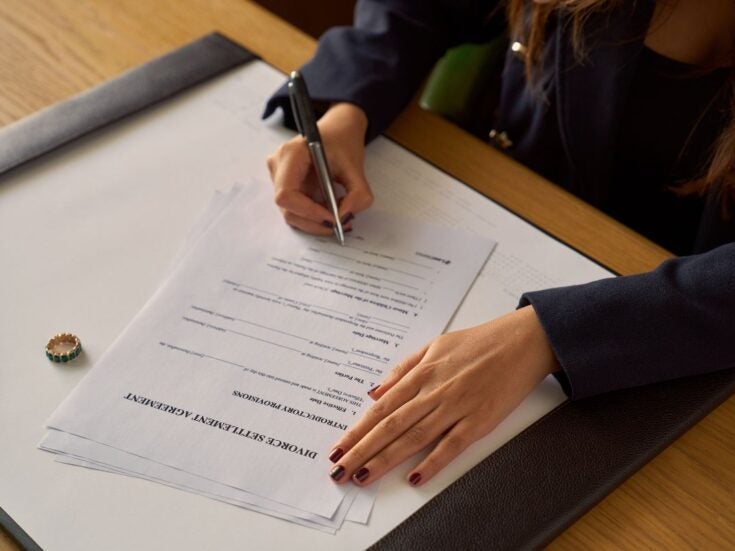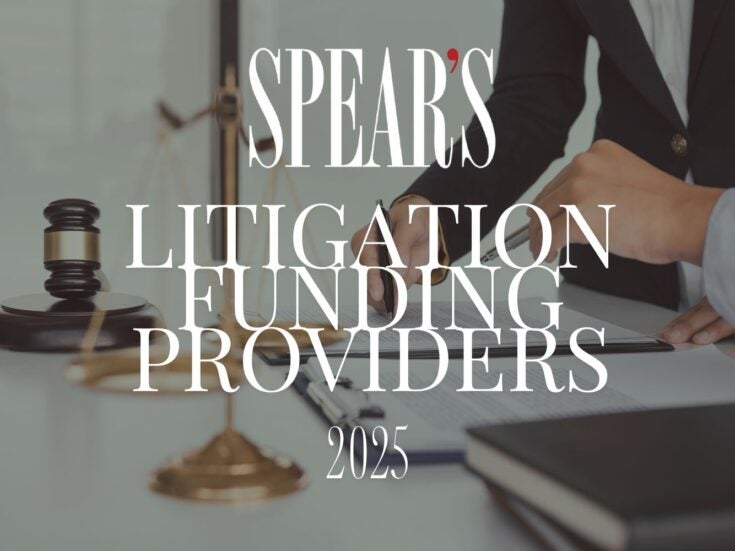
Ahead of the report from the first part of Leveson Inquiry being released next Thursday, I caught up with Julian Assange’s former lawyer and champion of free speech Mark Stephens to discuss the likely impact of Leveson’s recommendations.
Stephens says Lord Leveson is concentrating on a journalistic medium that is becoming less and less important: ‘Leveson is going to bear down on the withering print market. This will chill the press, as they won’t be able to afford the regulation, and it will not be effective for the next generation of journalists.’
Read more: Let’s hope Chris Blackhurst is exaggerating when he describes the Leveson Inquiry
These are likely to be freelancers, says Stephens, writing mainly online and with their own journalistic endeavours on the side. Media law in the future will be centered on these journalists’ activities online and use of social media – neither of which Leveson will address.
‘None of the current Twibel cases would be covered, for example,’ Stephens points out. ‘Twibel’ refers to cases of libel committed on Twitter, such as the untrue allegation that Lord McAlpine was a paedophile.
Read more: Lord McAlpine, Twitter and the law: the facts
Stephens has been the victim of abusive tweets himself, and admits that Twitter’s use as a medium of communication and reporting is going to stretch media lawyers over the next few years. Nevertheless, he says, people using social media should be aware of the risks attached: ‘If you’re in the public eye, people are going to disagree with you sometimes. You’ve got to be pretty thick skinned about it.’
Stephens is deeply sceptical about the point of any new phone hacking regulation the report might introduce. ‘The thing is that everybody accepts phone hacking is illegal. I speak as a victim of phone hacking myself, as well as a lawyer, when I say that you don’t need new laws against it.’
Read more on the law from Spear’s
Don’t miss out on the best of Spear’s articles – sign up to the Spear’s weekly newsletter
[related_companies]






